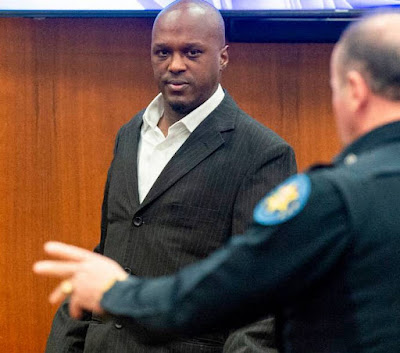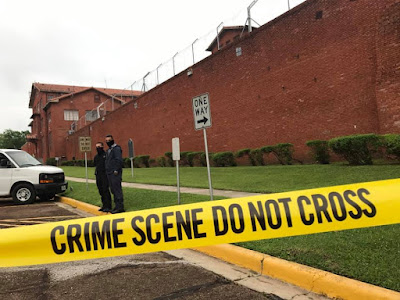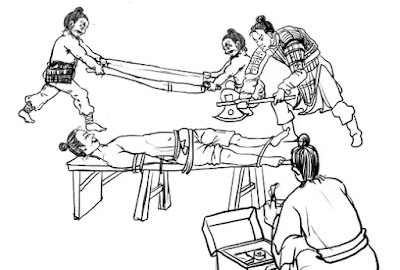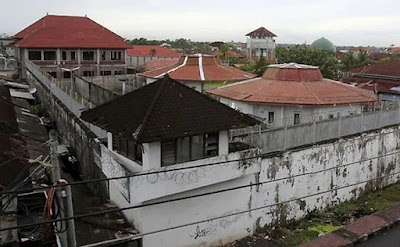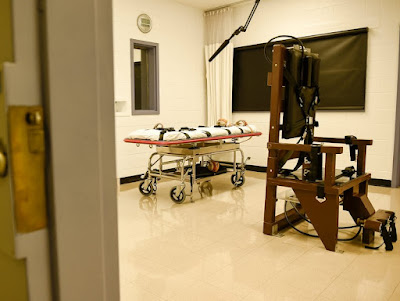The man who operated New York State’s “Old Sparky” was calm, collected and always professional. No one knew that every flick of the switch was tearing him apart.
It’s eleven p.m. on Thursday, September 17, 1925 – “Black Thursday” to the residents of Sing Sing prison in New York’s Hudson Valley. The inmates are locked down for the night, unable to leave their cells. All except one.
Prisoner Julius Miller, with four guards as well as the chaplain in tow, just walked twenty paces from the pre-execution waiting cells, called the “Dance Hall,” to the legendary “Death House.” He’s standing next to the electric chair inmates long ago nicknamed “Old Sparky.”
The warden asks him for any last words. He has none.
The guards quickly seat him, buckling black leather straps round his limbs and torso.
The “State Electrician,” John Hurlburt, a grim-faced man in his late fifties, of average height and wearing a dark suit and spotless black shoes, steps forward. His job has all but destroyed him. But Hurlburt’s disposition betrays nothing as he carefully checks the electrode strapped to Miller’s right leg. The electrode is in working order, and the sponge it contains is soaked in brine, just as it should be.
Hurlburt is calm, impassive, and entirely professional. But he’s gritting his teeth and a thin sheen of sweat adorns his stern face. He doesn’t want to do this, to keep on doing it. But he has no alternative. He also doesn’t know that this, his 140th execution, will be his last.
Hurlburt slides a leather helmet over Miller’s carefully-shaven head. It contains another electrode and another sponge. He connects a cable, ensures the wingnut is finger-tight, that the electrode is flush against the skin. He wraps a black leather mask round the prisoner’s face and pulls it tight, buckling it round the back of the chair.
Miller’s eyes are now obscured, but Hurlburt, slowly coming apart, makes a point of never looking a prisoner in the eyes. It’s hard enough to throw the switch, harder still if he accepts in the slightest that he’s about to kill in cold blood. All Hurlburt chooses to consider are the technical aspects, reflecting a deep desire to get it over with, collect his check, and go home.
With that, he takes a few steps to the alcove where the switchboard waits. All that remains is for the warden to give the signal.
He does so immediately, and Hurlburt jerks the lever. A dynamo hums, the sound rising and filling the silent room. Miller jerks forward and up, strains against the straps. Hurlburt watches and works the dials, bringing the voltage up, down, then up again. The prisoner spasms as the voltage rises and falls. Tendrils of smoke rise from his head and leg. Hurlburt cuts the power and the doctor steps forward, stethoscope in hand.
“I pronounce this man dead,” he says flatly.

A scent of burned flesh hangs in the air amid a deafening silence.
Justice has been served.
From dime novels to Theodore Dreiser’s
An American Tragedy to movies like “Angels with Dirty Faces” and “The Green Mile,” “Old Sparky” has provided the denouement in countless, beloved American stories. “In the hot seat,” a phrase derived from the notion of death by the electric chair, now describes unpleasant personal or professional predicaments.
Old blues standards name-check “the chair,” the final destination for many an African-American through history.
Capital punishment has destroyed prison staff and executioners as well. They’ve suffered from post-traumatic stress disorder, substance abuse, and depression. John Hurlburt, the second of New York’s five “State Electricians” through history, was one of them.
⚑ | Report an error, an omission, a typo; suggest a story or a new angle to an existing story; submit a piece, a comment; recommend a resource; contact the webmaster, contact us:
deathpenaltynews@gmail.com.
Opposed to Capital Punishment? Help us keep this blog up and running! DONATE!





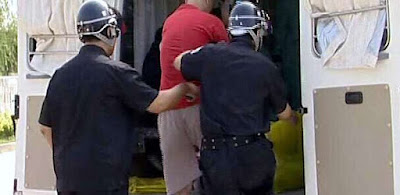
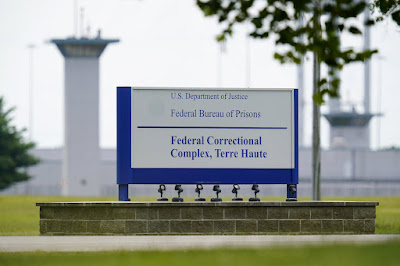
.jpg)
